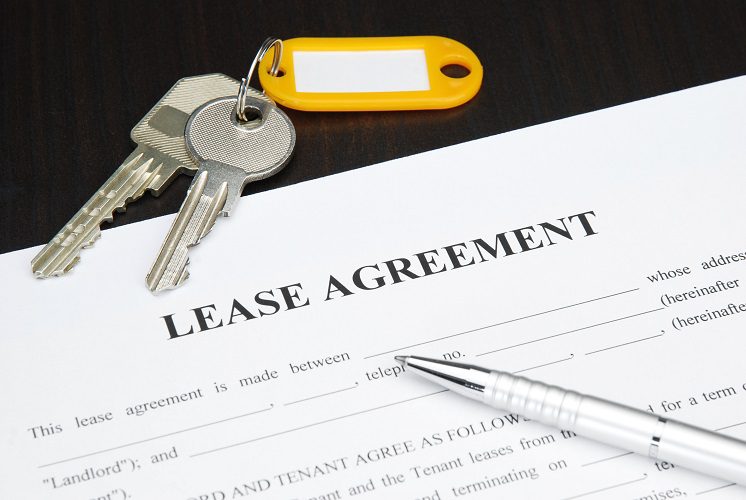Make Good
In the context of a lease, “make good” is the process through which the tenant affects repairs to the building upon removal of the goods. In particular, it often refers to repairing damage to the walls caused by fixtures such as wall hangings, but it can refer to any other form of damage.
Net Rental
Net rental refers to the basic rent excluding any other payments (normally referred to as “outgoings”) that may be made with respect to the property. Specifically, it means rates, utilities and insurance are excluded.
Gross Rental
Gross rental includes outgoings, so it is the total sum that the tenant pays to maintain and rent the property. It includes mandatory insurance, utilities (if included) and rates.
Improvements Rent
Improvements rent is an additional rent that’s paid when the owner has to make legally mandated alterations, additions or improvements to the building. It’s charged as a percentage, typically around 8 to 12 percent, of the expenditure incurred as set out in the lease agreement. An improvements rent is only chargeable when the alterations are directly legally required, usually by new legislation. Improvements resulting from everyday wear and tear or routine building maintenance are not usually chargeable.
Registered and Unregistered Leases
A registered lease is one in which the lease is registered against the title to the property. Registration of the lease ensures that, should the freehold change hands, the lease is noted on the title so the new owner is aware that the lease exists. In addition, a registered lease ensures that banks and other moneylending businesses are aware of the lease and can therefore make appropriate adjustments when lending money against the title or against the lease itself.
Registering a lease on the title is particularly valuable for those operating hotels, motels or lodges, as the structure is required for the operation of the business and can represent a significant investment. However, only certain kinds of leases can be registered, typically those where there is a specific legal difference between the plot and the buildings upon it. Registering a lease creates a leasehold title, providing evidence should the owner wish to borrow money against the property.
Transfers and Assignments
Transfers and assignments occur when a new tenant takes over and the premises that have been leased change hands. A leasehold title and a registered lease can both be transferred in the same manner as a freehold title, but an unregistered lease cannot, so it must be assigned by means of a deed of assignment of lease.
First Right of Refusal
A first right of refusal defines who should have the first option to acquire the lease should the tenant’s business be sold. Alternatively, it could allow the tenant the right to buy the property should the landlord wish to sell it. A first right of refusal doesn’t require either party to accept an offer or to entertain offers that are not aligned with the going market rate unless otherwise noted in the contract. However, it’s important that the eventual sale is on the same terms that the right of first refusal involved. In some cases, a registered valuer may be used to determine a fair market rate, and this will be set out in the contract.
Options
Options are slightly broader than a first right of refusal. Again, options can apply to the landlord, the tenant or both, depending on how the contract is defined. Instead of a generic right of refusal, an option creates a pre-agreed price, either by explicitly naming one or by specifying a formula by which to calculate it. This creates a binding contractual agreement that the landlord or tenant has to follow to avoid a breach of contract.
For further information about this article, contact your nearest LINK Business Broking office at:

